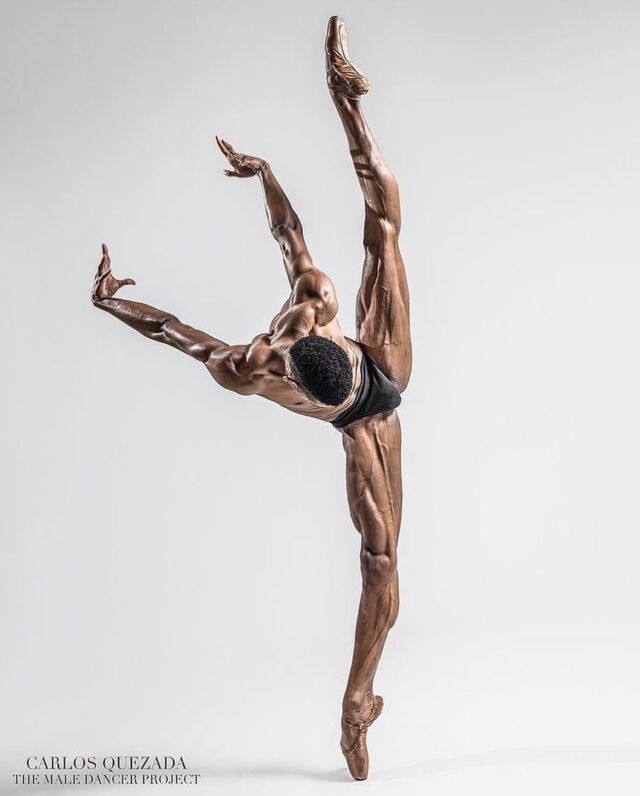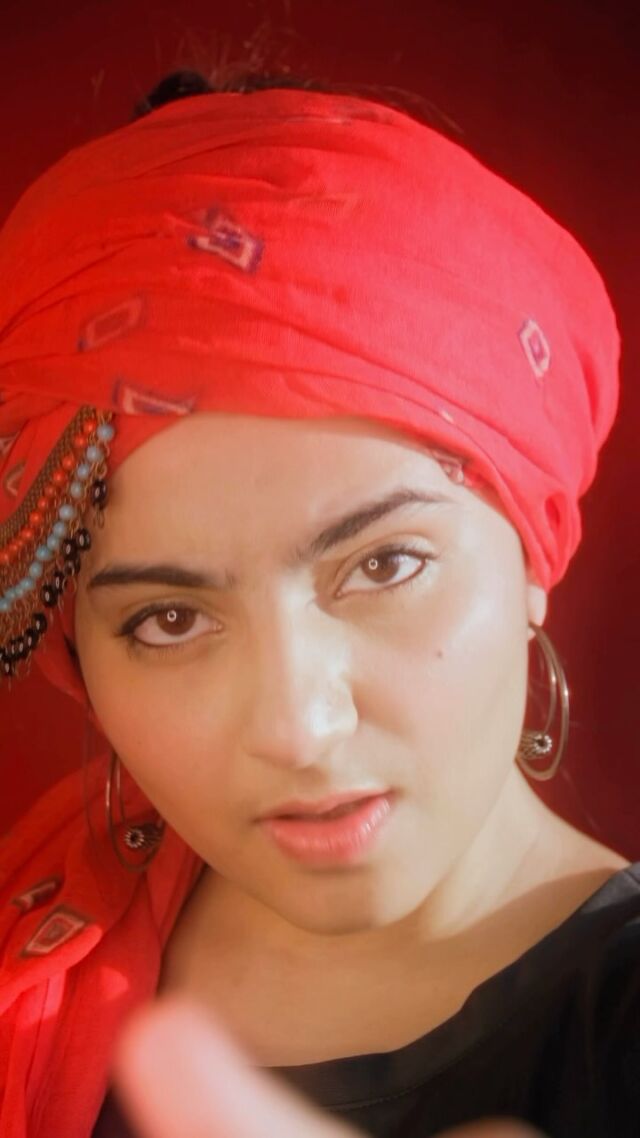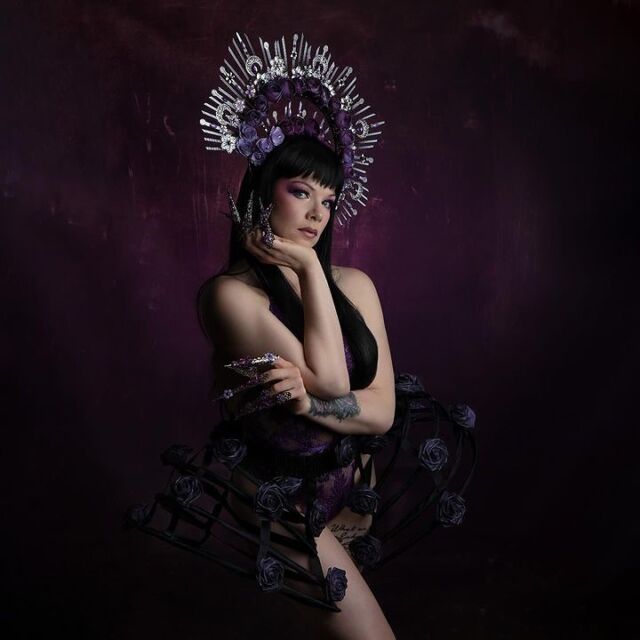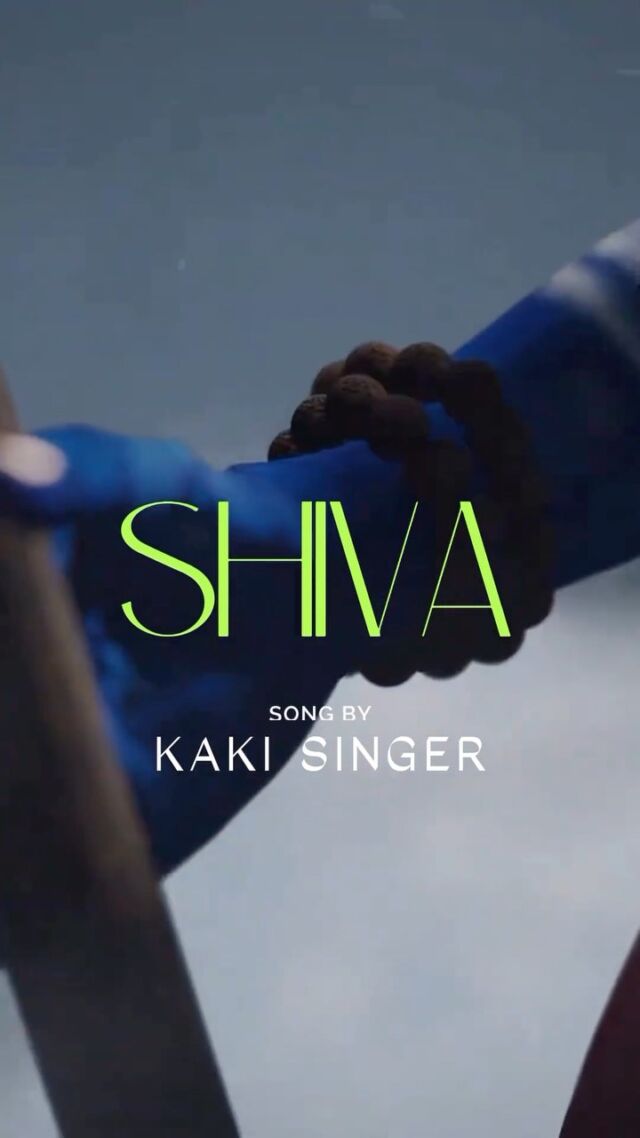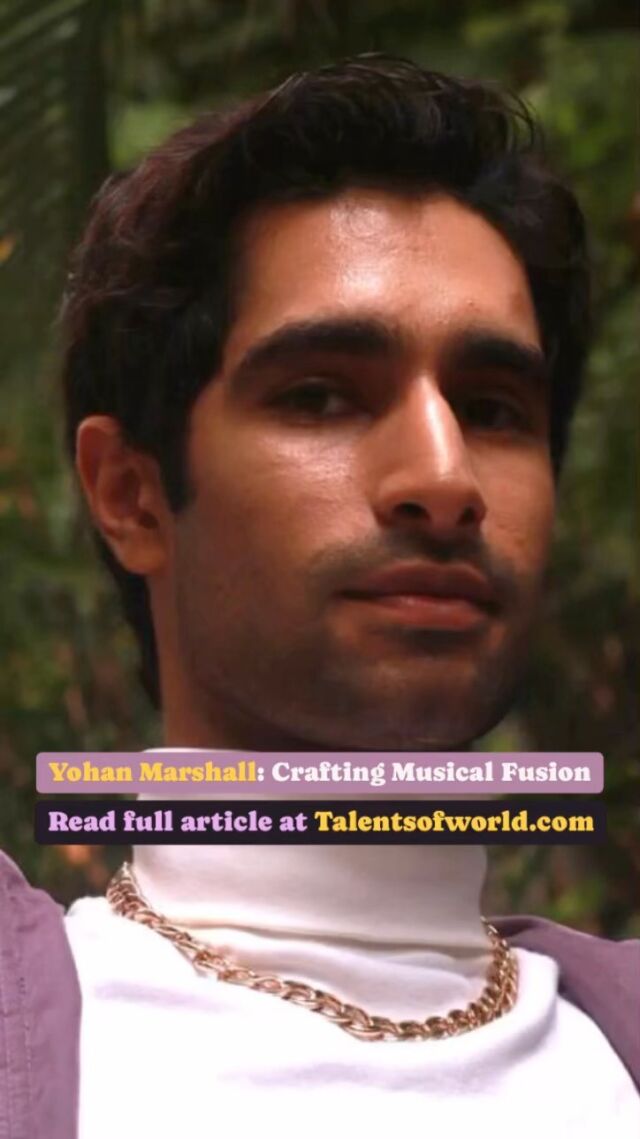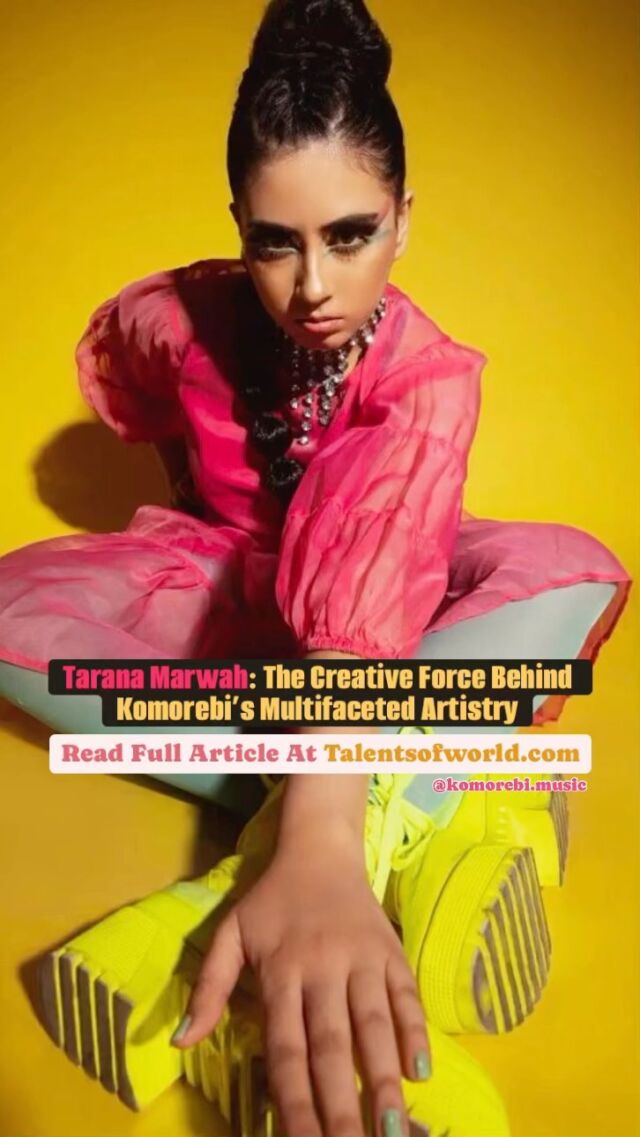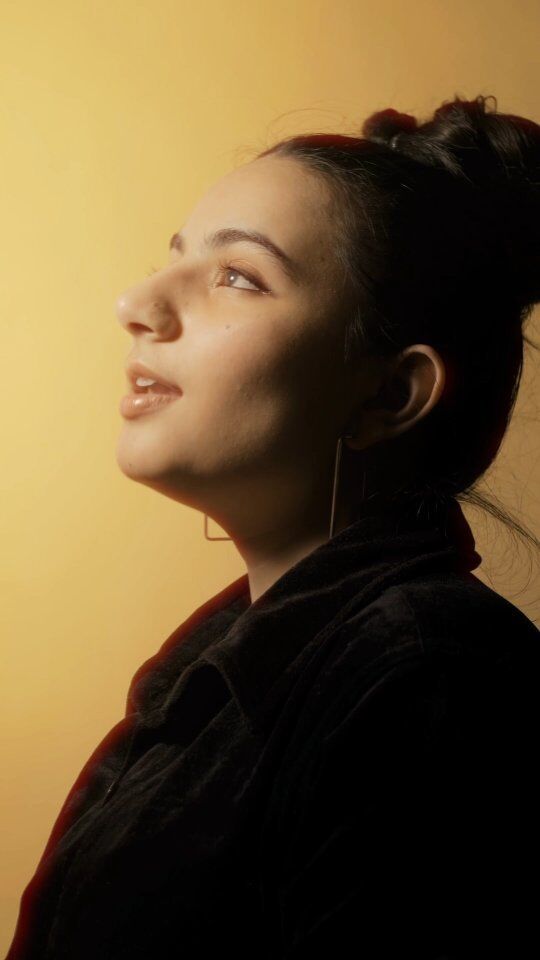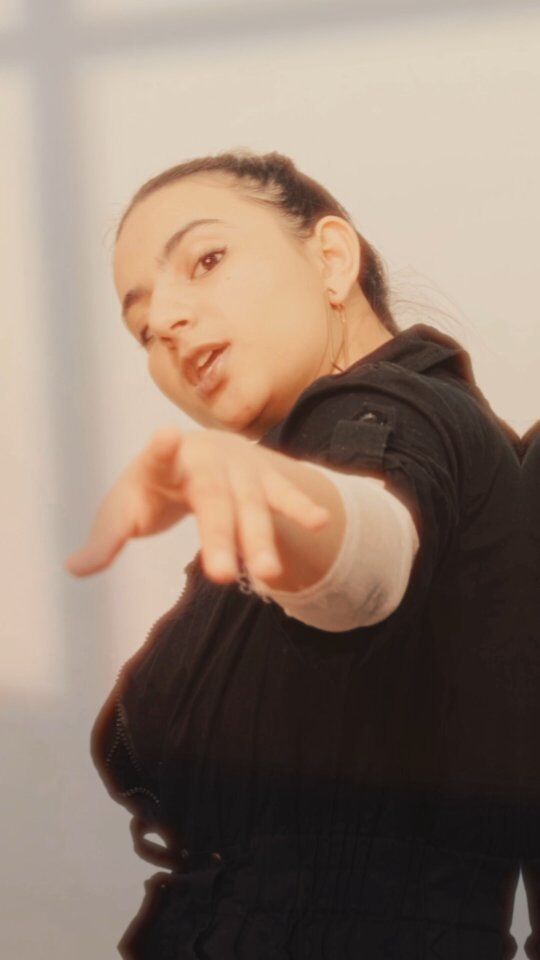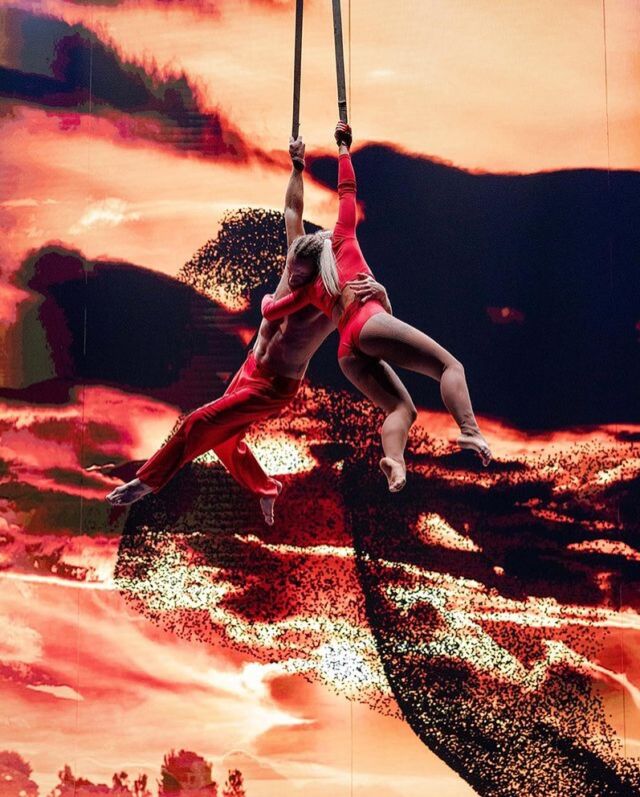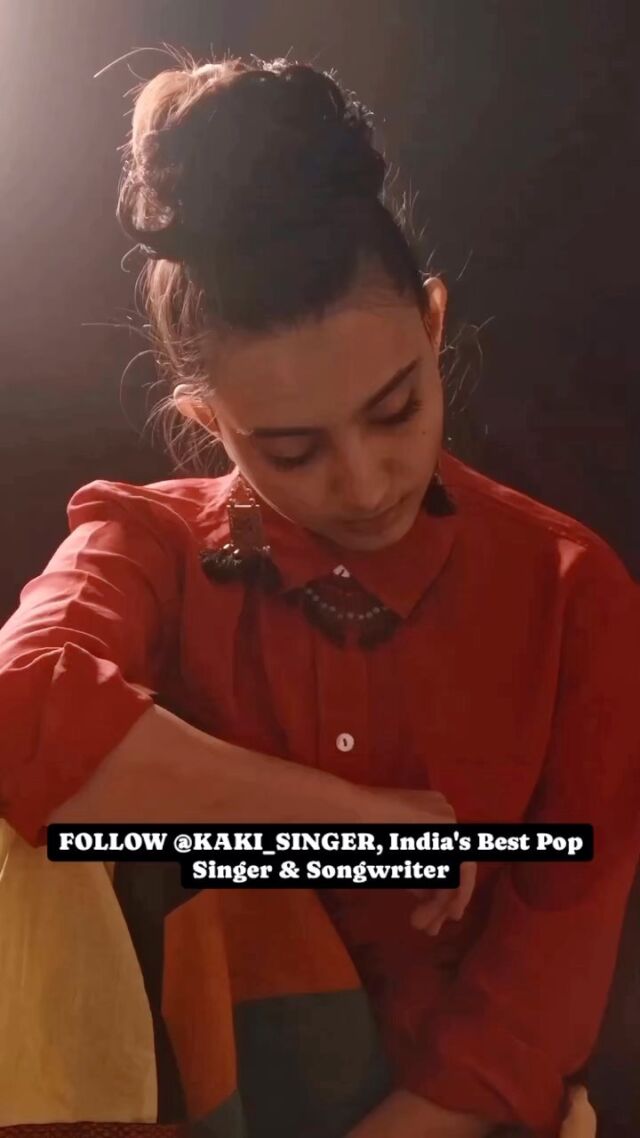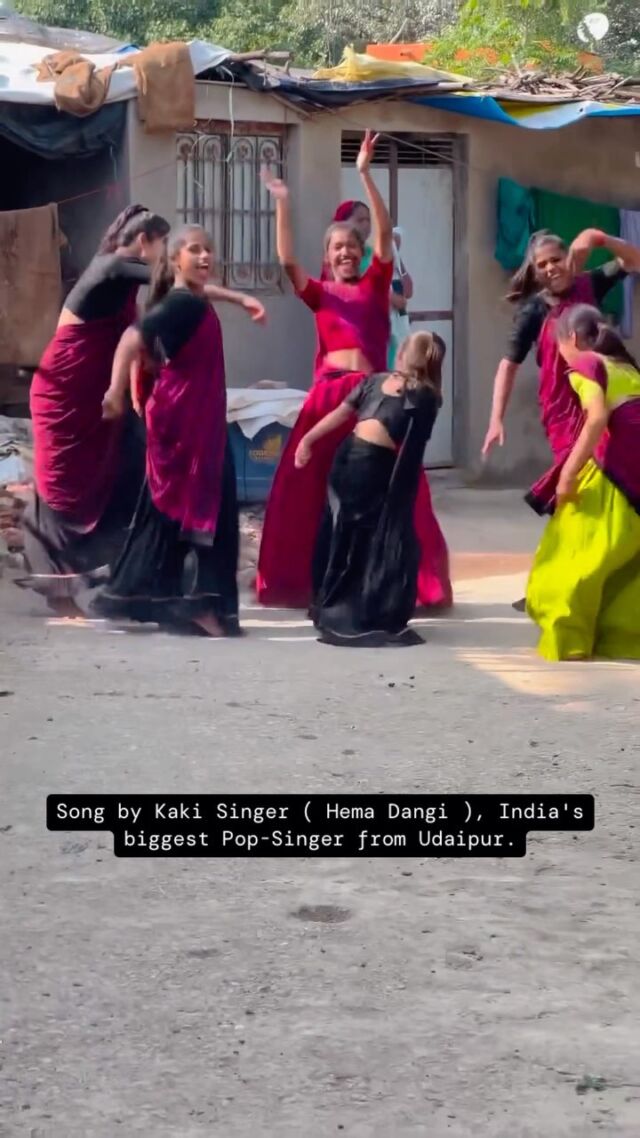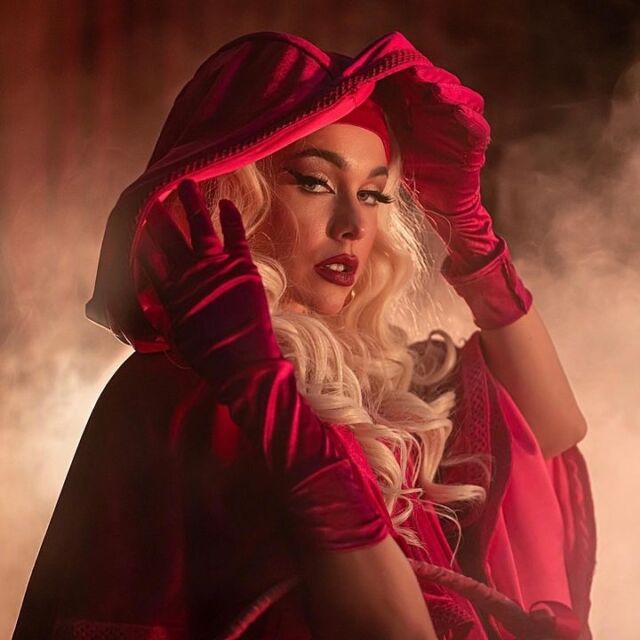Maurice El Medioni, an Algerian pianist who fused Jewish and Arab musical traditions into a singular style he called “Pianoriental,” died on March 25 in Israel. He was 95.
His death, at a nursing home in Herzliya, on Israel’s central coast, was confirmed by his manager, Yvonne Kahan.
Mr. Medioni was a last representative of a once vibrant Jewish-Arab musical culture that flourished in North Africa before and after World War II and proudly drew from both heritages.
In Oran, the Algerian port where he was born, he was sought after by Arabs and Jews alike to play at weddings and at banquets, in the years between the war and 1961, when the threat of violence and Algeria’s new independence from France drove Mr. Medioni and thousands of other Jews to flee.
With his bounding octaves, his quasi-microtonal shifts in the style of traditional Arab music, his cheeky rumba rhythms learned from American G.I.s after the 1942 Allied invasion and his roots in the Jewish-Arab musical heritage called andalous, Mr. Medioni had honed a distinctive piano style by his early 20s. The singers he accompanied often alternated phrases in French and Arabic in a style known as “Françarabe.” His uncle Messaoud El Medioni was the famous musician known as Saoud L’Oranais, a leading practitioner of andalous who was deported by the Germans to the Sobibor death camp in 1943.
The Medioni style remained buried and nearly forgotten for four decades as he pursued his trade as a men’s tailor. He kept it alive in private, performing at weddings and bar mitzvahs after he was forced to flee to France, until he released a breakthrough album, “Café Oran,” in 1996 at the age of 68. That led to a belated second life as a star of so-called world music — concert tours in Europe, appearances in documentary films and a major role as mentor to a new generation of Israeli musicians anxious to recover the musical heritage of their Sephardic heritage. In 2017, he published an autobiography, “A Memoir: From Oran to Marseilles (1938-1992),” which reproduces Mr. Medioni’s cursive scrawl, with a translation from the French.
Mr. Medioni has “come to symbolize something, the last of his generation,” said Christopher Silver, a specialist in the Jewish musical tradition of North Africa, who teaches at McGill University.
“Maurice is a compulsive and innately hip musician, always searching for other music and musical styles,” the British radio broadcaster Max Reinhardt wrote in the introduction to the memoir, “part of a group of Muslim and Jewish musicians who quite naturally in the 1940s and ’50s forged a new music together in North Africa.”
Two events were decisive in the shaping of Pianoriental, and both occurred early in the life of Mr. Medioni, who grew up poor — “one shared toilet for our whole floor on which there were six apartments,” Mr. Médioni wrote in his memoir — in Oran’s Jewish quarter, or “Derb.”
The first was his encounter with the American G.I.s in occupied Oran on Nov. 8, 1942, when he was 14. “From the moment the Yanks arrived in Oran, our family’s way of life completely changed,” Mr. Medioni wrote. The G.I.s introduced him to a rollicking boogie-woogie style that pushed the French pop songs on which he had been raised to the background.
The street-smart young teenager quickly became indispensable to the Americans, taking them to bars and brothels. “I would crisscross the nine piano bars,” Mr. Medioni told an interviewer in 2015. “When one of the pianos was free, I would play all the American hits which I’d learned, and that would attract the G.I.s.” He recalled being awed by the Black American jazz musicians that he saw perform: “I saw them improvise. I was open-mouthed,” he said. “When I came home I would try to reproduce what they did.”
The second decisive event occurred in 1947 when three young Arab musicians walked into a bar where he was drinking, and they all began to sing and play together. “That was how the first modern Arabic music group was born, a group which would make me the most popular Jewish guy amongst all the Muslims in the whole Orani province,” he wrote in his memoir. Mr. Medioni’s synthesis of jazz, boogie-woogie, andalous and Arab rai and chaabi, two forms of Algerian popular music from the streets, in some cases characterized by lengthy narrative song, was born.
“There are few figures that are trying to play this oriental piano,” said Mr. Silver. “Medioni is doing it very well, with the left hand and the right hand. He is trying to update, modernize, and still have it be oriental or Arab music.”
Maurice El Medioni was born on Oct. 18, 1928, in Oran, in what was then French Algeria, to Jacob Medioni, who ran the Café Saoud with his brother Messaoud, and Fany Medioni. His father died when he was 7, leaving his mother in poverty to raise four children — three boys and a girl.
His musical gifts were apparent early; almost entirely self-taught, he honed his skills on a piano that his brother brought home from a flea market. The war intensified the family’s hardship, and all the Jewish children were expelled from Oran’s schools by the French authorities. “We were short of everything,” Mr. Medioni wrote.
The invasion of the Americans in 1942 was “a deliverance for all the Jews of North Africa,” he wrote. And by the mid-1950s, he was not only a successful tailor among Oran’s Muslims but also a much sought-after musician, as was his brother Alex: “All the Arab orchestras wanted to work with me,” he wrote. “‘These are our guys,’ is what they used to say.”
But as Algeria’s war of independence intensified, one of his original Arab music partners was shot by Algerian revolutionaries, and Mr. Medioni stopped playing at Arab celebrations.
In the spring of 1961, he and his young family boarded a boat for Israel, then left six months later for France. Years of struggle followed, as he established tailor shops, first in Paris, then in Marseille. But he continued to play at weddings and galas with stars from the Jewish-Arab North African music scene that had existed before the war and was now transplanted to France. They included Lili Boniche, Line Monty, Reinette l’Oranaise and Samy Elmaghribi.
At the end of the 1980s Mr. Medioni recorded himself on a cassette in his living room in Marseille and sent it to a producer at Buda Musique, a specialist record label in Paris. That was the beginning of his revival. After the “Café Oran” record, there was a concert at the Barbican in London in 2000 with Mr. Boniche; a tour with a well-known British Klezmer band, Oi Va Voi; and an album with a Cuban percussionist in New York, Roberto Rodriguez. He played a leading role in “El Gusto,” a 2012 documentary and album project about the reunion of an orchestra of older Jewish and Arab musicians from Algeria.
In 2011 he moved to Israel from Marseille with his wife, Juliette (Amsellem) Medioni, to be close to his children. He continued to record and perform, notably with the Mediterranean-Andalusian Orchestra Ashkelon.
His wife died in 2022. He is survived by his children, Yacov, Marilyne and Michael, and five grandchildren.
Mr. Medioni was acutely aware that he might very well have been the last of his breed. In a 2003 interview in the appendix of his memoir, he told the British musician Jonathan Walton that he doubted andalous would survive him.
“It won’t,” he recalled saying. “Maurice Medioni is telling you that it won’t. It will only be listened to from time to time by people who have some nostalgia, and by youngsters who love their parents.”
Source link





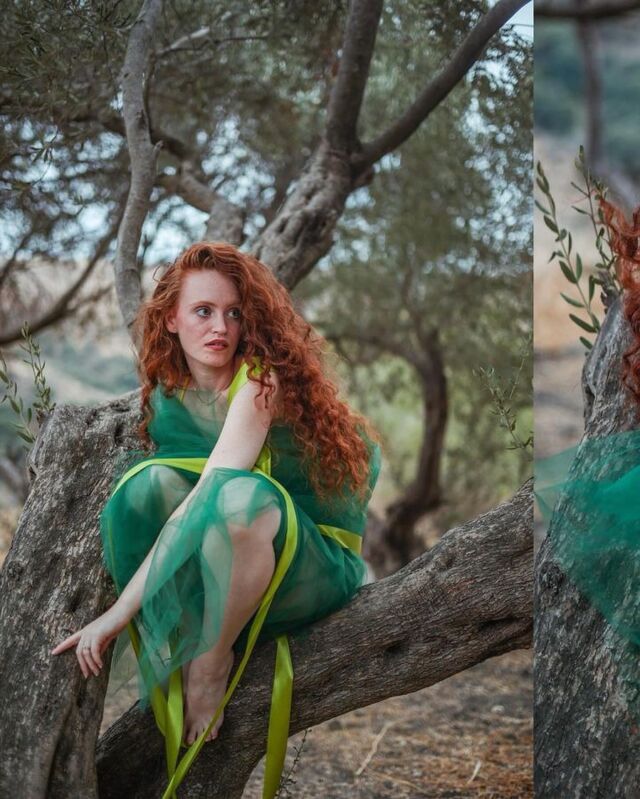
![Growing up learning Indian Classical Music, I’ve developed a deep appreciation for diverse musical genres, and techno is definitely one that has captured my interest. Got inspired to write this track by blending the beautiful melodies of Hindustani classical, particularly Raag Bhairav, with the beats of techno. Excited to share this fusion with you all!
Music by @miladzki
Check it out and vibe with me! 🎶✨
[ techno, newmusic, fusion, indianclassicalmusic, techno, music, kakisinger ]](https://talentsofworld.com/wp-content/uploads/wp-social-ninja/instagram/9xm.tv/18327743320185528_full.jpg)
![Listen to this Version of Dil Kho Gaya
Original Song From the Movie Dil.
Anand-Milind, Udit Narayan, Anuradha Paudwal sung this song
Music by Anand-Milind
Hope you guys like this Rendition of the Classic Song by Kaki Singer.
Like, Share & Comment.
[ Dil, Dil kho Gaya, old songs, Classic Bollywood, old song covers, retro songs, indian old songs, old hindi songs, melodies, kaki singer, Indian singers ]](https://talentsofworld.com/wp-content/uploads/wp-social-ninja/instagram/9xm.tv/17999564600299237_full.jpg)
